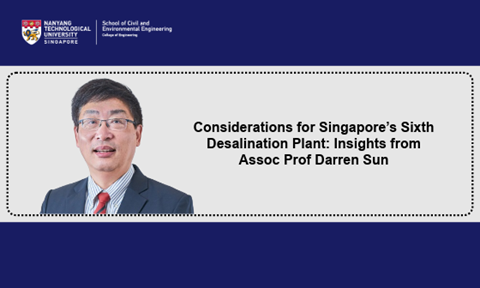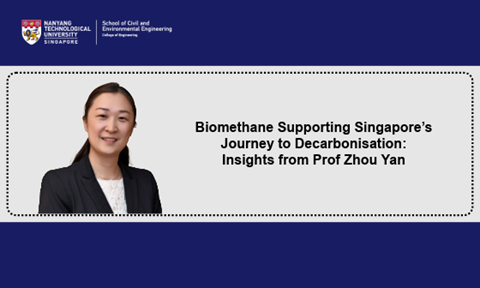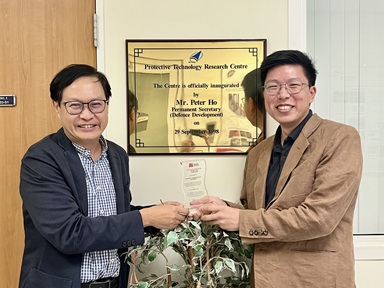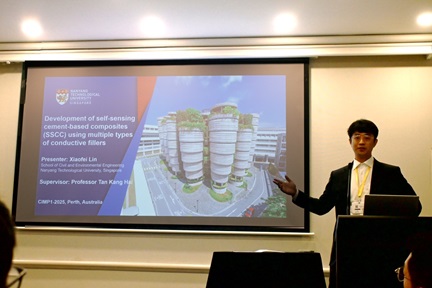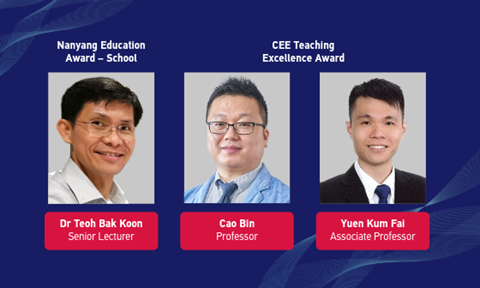Award of MOE Tier 1 Call 2/2023 - Assistant Professor Fu Yuguang
Congratulations to Assistant Professor Fu Yuguang on the award of MOE Tier 1 Call 2/2023 for his project:
Human Digital Twin Prototype of Industrial Worker Under Heat Exposure in Climate Change and Post-Pandemic Era.
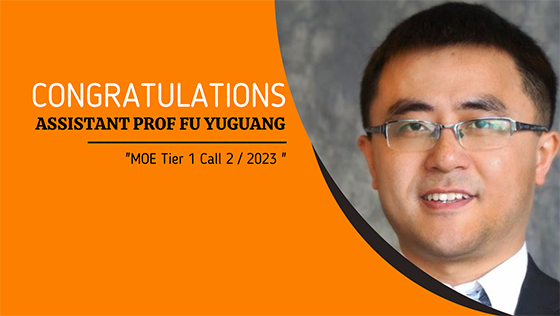
Project Write-up
In 2022, Singapore's Ministry of Manpower (MOM) reported over 9,000 breaches of workplace safety regulations, twice the previous year's total. This increase stems from pandemic-induced workforce shortages and demanding schedules, resulting in more accidents due to compounded factors. Moreover, Singapore's projected climate change anticipates a temperature rise of 1.4°C to 4.6°C by the close of the century. This puts workers at risk of heat-related injuries, underscoring the necessity for a Work Safety and Health (WSH) ethos. Multiple factors, including heat stress, negatively affect employees in Singapore's hot and humid conditions. Prioritising monitoring of all-environmental heat exposure is critical, given the predominant focus on indoor environments. With Industry 5.0 integrating technology, AI, and human engagement, concentrating on workers’ well-being, safety, and efficiency becomes increasingly paramount. Discussions with MOM/WSHI have exposed a gap in aligning workers and digitalisation. This integration is pivotal for effective management of industrial projects.

